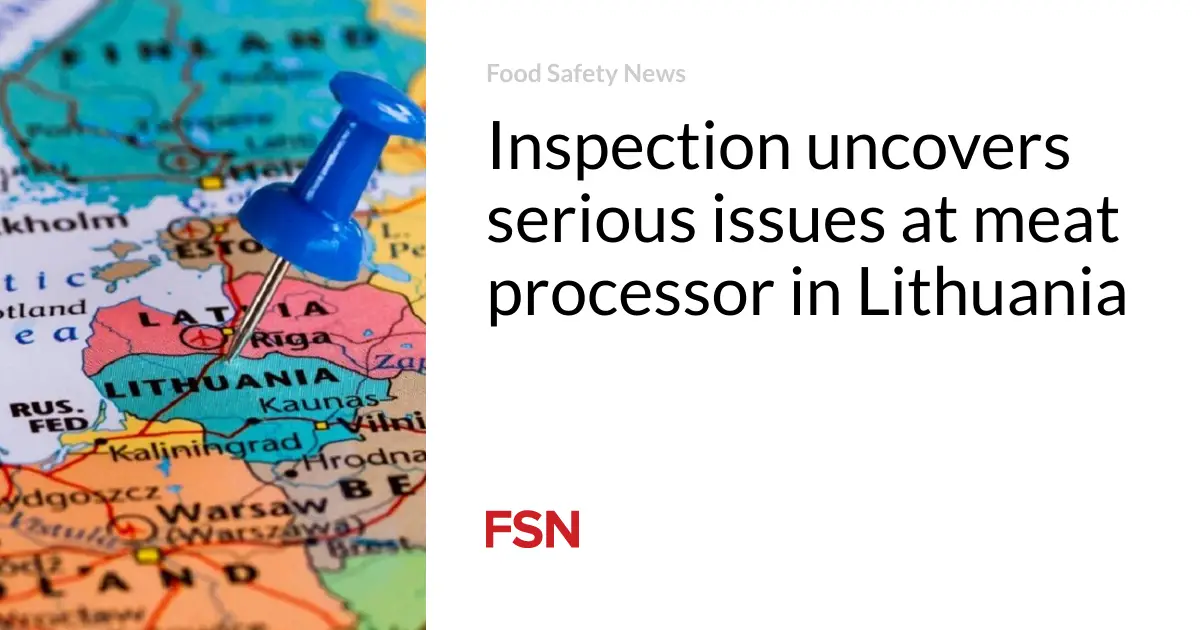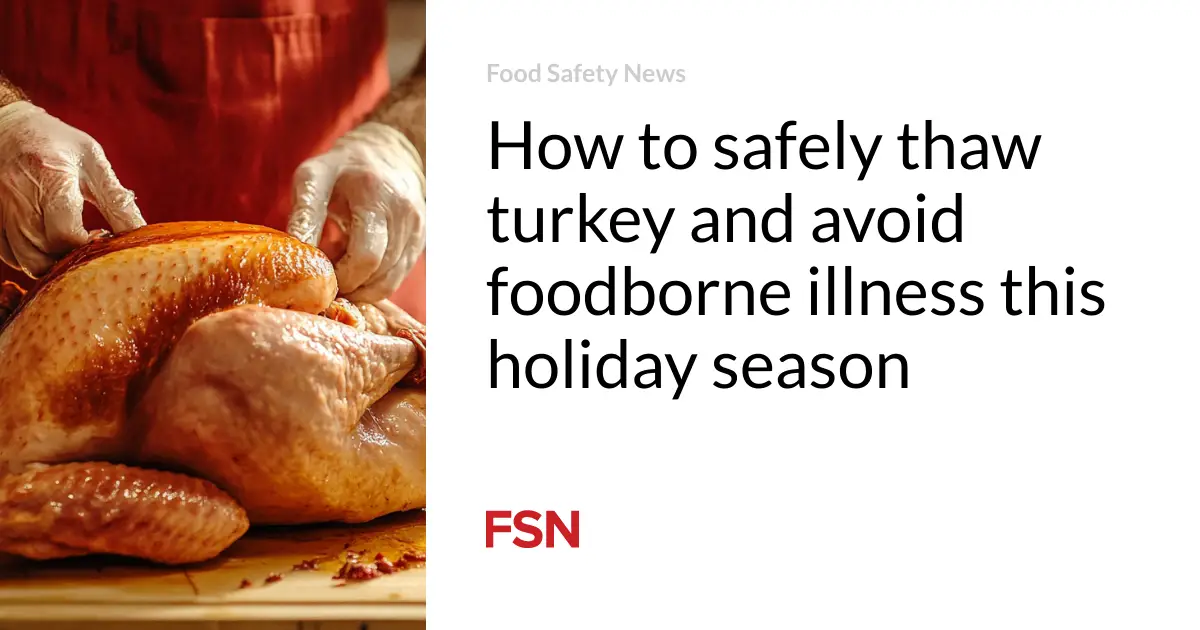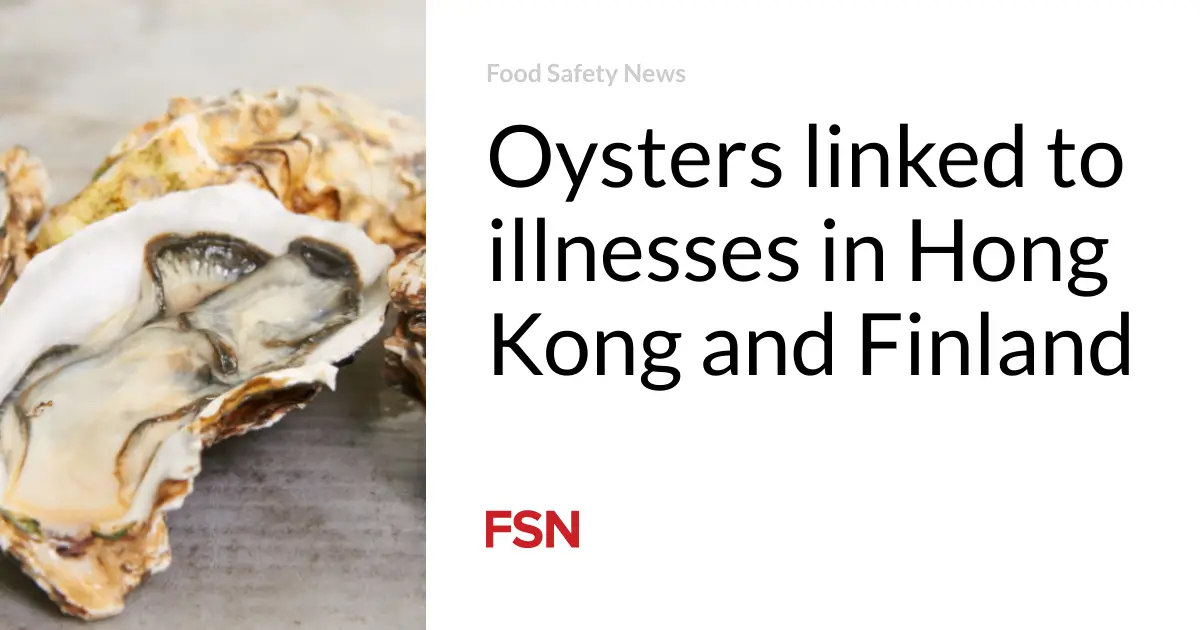
Major problems were found after a planned inspection at a meat company that is a supplier to schools and care homes in Lithuania.
A scheduled inspection was undertaken in May at the meat processing company Riamona UAB, in the Alytus district by the local State Food and Veterinary Service (VMVT) department. The firm supplies products to children’s educational institutions and social care sites.
Testing of fresh poultry meat revealed Salmonella and Listeria monocytogenes was found in environmental samples.
The company’s activities were suspended, and more than 4 tons of products were destroyed. VMVT said administrative measures will be taken after the ongoing investigation is completed.
Inspectors also found sausages made by another manufacturer, which were relabeled and sold as products made by Riamona UAB, providing consumers with false information. Sausages were made from chicken but were labeled as being made from pork.
Officials said some other meats produced at the company do not meet quality requirements. They are sold as the highest quality meat products, but mechanically separated meat was used.
In addition to the product labeling and production violations, inspectors found dirty conditions in food preparation rooms, only cold water was available and some sinks did not work, personal hygiene of employees was not ensured, and traces of pests were observed. Officials also identified the possibility of cross-contamination.
According to the authorities, expired food products were used, and raw materials and products of unclear origin that were unmarked and untraceable were found.
Other cases
In another case, VMVT officers inspected a kebab shop in Kaunas after reports of illness.
The visit was prompted by a notice from the National Public Health Center (NVSC) about two cases of food poisoning.
An unscheduled inspection of the kebab shop found food safety and hygiene violations. These included a lack of traceability, a poor state of cleanliness, and concerns about self-control procedures not being followed.
Samples taken during the inspection are being analyzed at the National Food and Veterinary Risk Assessment Institute. Drinking water samples were compliant with the legislation. Activities at the site were temporarily stopped while the investigation continues.
About 350 people in Lithuania fall ill with salmonellosis every year, according to NVSC. In 2023, 14 outbreaks were confirmed. In April this year, 12 people fell sick in a Salmonella infantis outbreak linked to chicken from Poland.
Also in May, a planned inspection at a bakery in Šiauliai County uncovered issues relating to hygiene, food storage conditions, raw materials used, and cross-contamination.
Inspectors noticed the food preparation rooms were dirty. There were flies in the production room because there was no insect net, and the outside door was open. Waste was stored in an open bin, and there was not enough space for washing, disinfecting, and drying production equipment.
In a freezer, officers found 14 kilograms of unmarked raw materials as well as unwashed eggs covered with chicken feces. Other deficiencies included the cooling process for produced items and the storage of raw materials. The business was subject to enforcement action, which included a fine.
(To sign up for a free subscription to Food Safety News, click here.)







